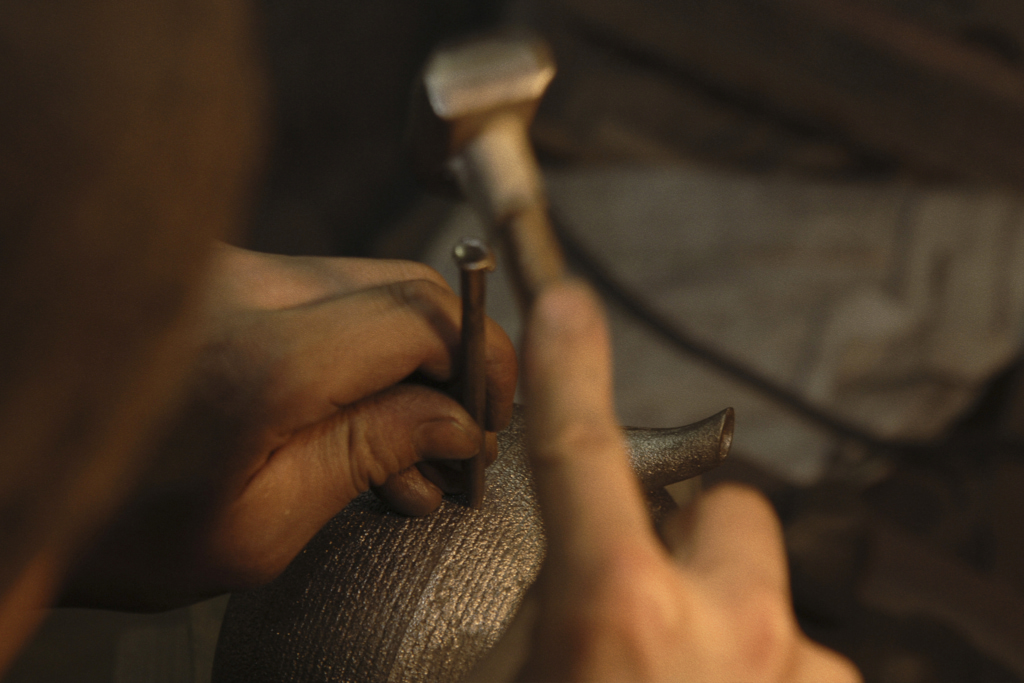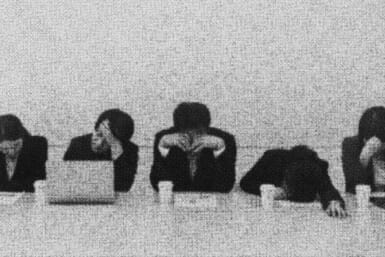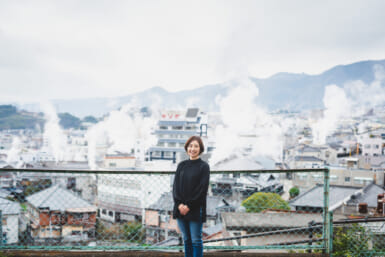The last time I met Tomo Yoshizawa in person was at our mutual friend’s birthday party in late 2019. She was dressed, and I may well be wrong, in a beautiful jade green kimono and looked so effortlessly cool. Gliding around the small restaurant in Shibuya, she exuded an elegance and sophistication like pretty much nobody else I know. A former international public relations figure for the Tokyo Metropolitan Government, Yoshizawa has a deep-seated connection with culture, art and traditional Japanese crafts and still works in the industry as a writer, translator and interviewer promoting Japanese culture overseas.
I talk to Yoshizawa, for the first time in three years, over video chat from her new-ish home in the Odawara region of Kanagawa Prefecture. It suits her as it’s a particularly rich cultural and historical area and her charming house is designed in a Showa style. Yoshizawa has a beaming and engaging smile and the main subject of our discussion is her new project, a stunning website called Wisdom Toolkit which disseminates insight from shokunin (artisans) she knows and also acts as an online vendor for these shokunin who want to share their artisanship with the world.
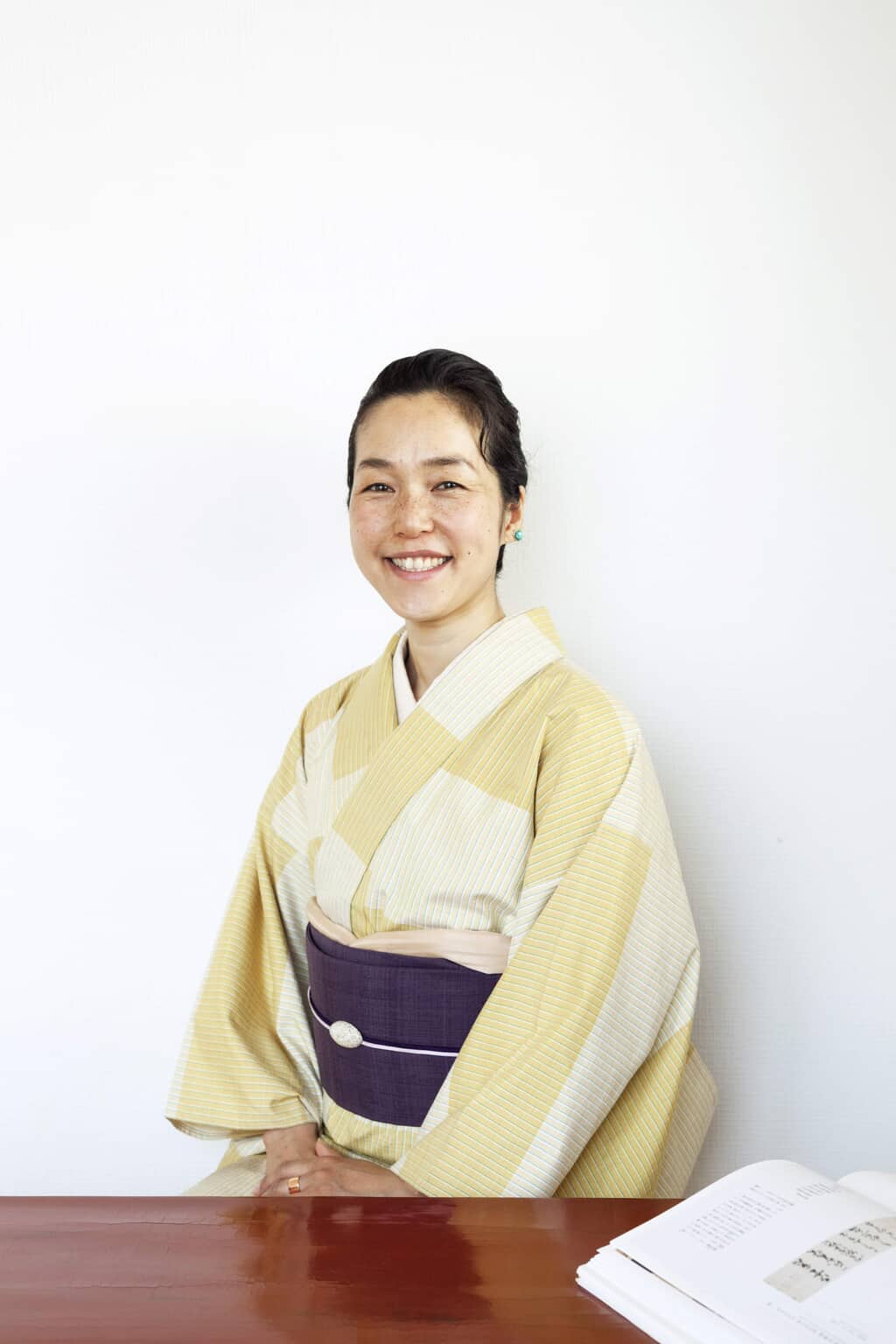
When I ask Yoshizawa what she calls herself in terms of a job title, she laughs and responds with, “cultural translator.” And when you realize what she does from day to day, the term cultural translator is the best choice of nomenclature. Culture and keeping traditions alive comes naturally to Yoshizawa as her grandfather, Rikizo Munehiro, held the honor of being named an “intangible national cultural property” which is also known as Living National Treasure. Yoshizawa’s mother wove kimono and her father worked with wood to craft koto — a traditional Japanese musical instrument. So, culture has been a part of Yoshiazawa’s life and in her DNA from the very beginning.
Essentially, Wisdom Toolkit is divided into two parts. Life Wisdom, which incorporates meaning and stories she has learned from the various artisans she has spoken to over the years, and Tangible Wisdom, which is a variety of hand-chosen products that Yoshizawa highlights to explain the essence of Japanese creativity and artistic philosophy.
“Firstly, my aim is to communicate modern Japanese wisdom,” says Yoshizawa. “Many places in the world have lost the traditions and tools they used to have [for culture] but Japan has managed to hold onto them. People who work with their hands are somehow more in touch with their intuition and background and I want to communicate that, particularly as I speak English.”
In addition to words of wisdom from the artisans that Yoshizawa knows, there is also an online store where customers can buy real once-in-a-lifetime objects that reflect her love and obsession for Japanese craftsmanship.
“The products are all one of a kind, so once they are sold then it’s finished. I realize that that’s not the ideal way to do e-commerce but it suits my business,” says Yoshizawa.
When I ask her about the aim and future of Wisdom Toolkit, she explains, “I definitely see expansion in the future in the direction of more cultural consultancy work. For example, connecting shokunin to non-Japanese-speaking customers. Or maybe curating special gifts of Japanese crafts.”
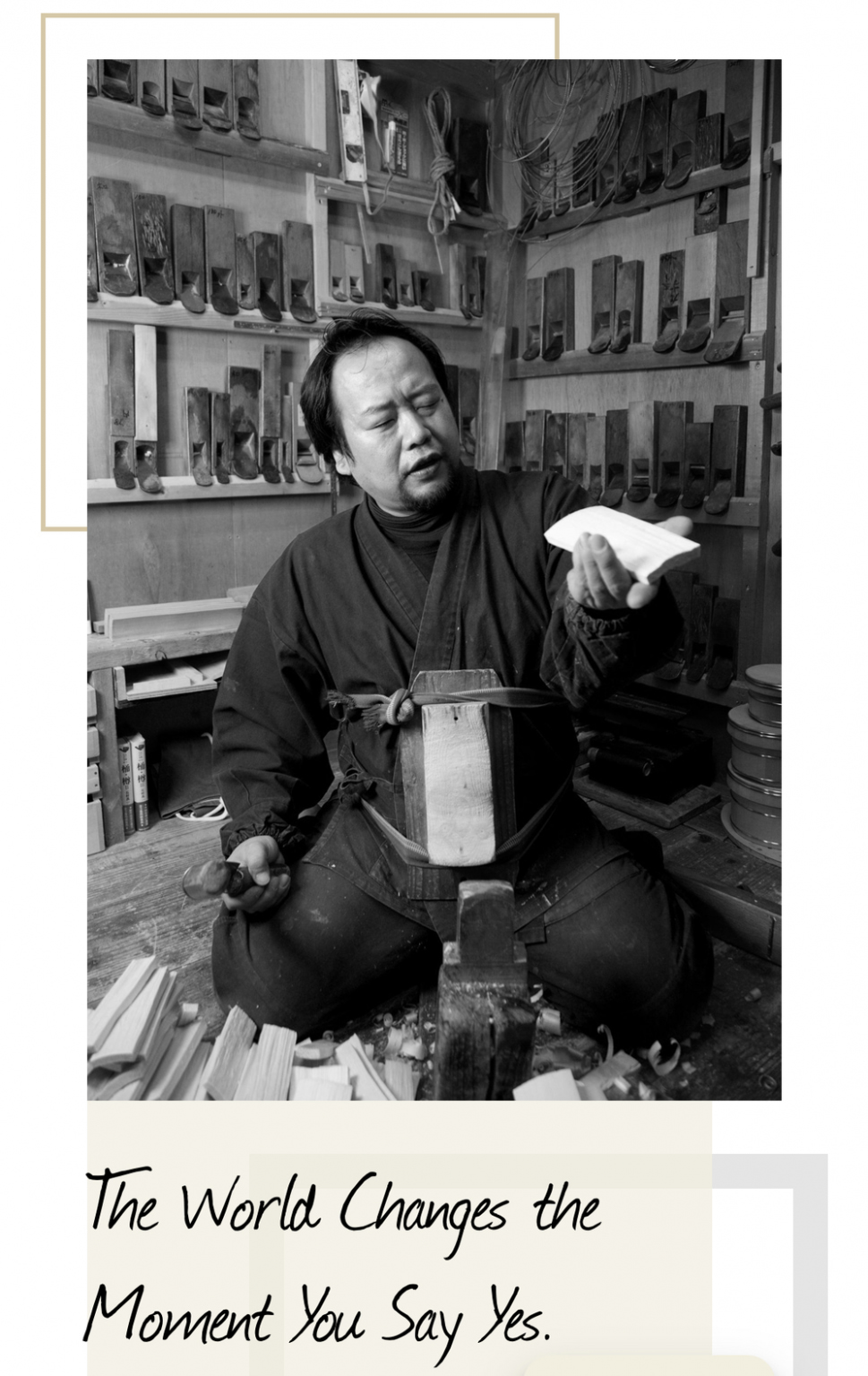
Yoshizawa, then, has become a one-person cultural ambassador connecting Japanese and non-Japanese customers to a specific artisanship that, in some contexts, has and perhaps may become obsolete. Her mission is to promote and cover artisanship and its history and legacy to an audience that respects and highlights quality craftsmanship that has been passed down over centuries, much in the manner of her own family.
On the Wisdom Toolkit website, Yoshizawa writes, “I started digging my roots, what’s beneath my feet. The stories of shokunin craftsmen, Zen practitioners, my family and grandpas and grandmas from the neighborhood, captivated my heart. And I was lifted by listening to their life stories and teachings. After receiving so much, there was no way I was going to keep it all to myself. I started wanting to tell the world about it.”
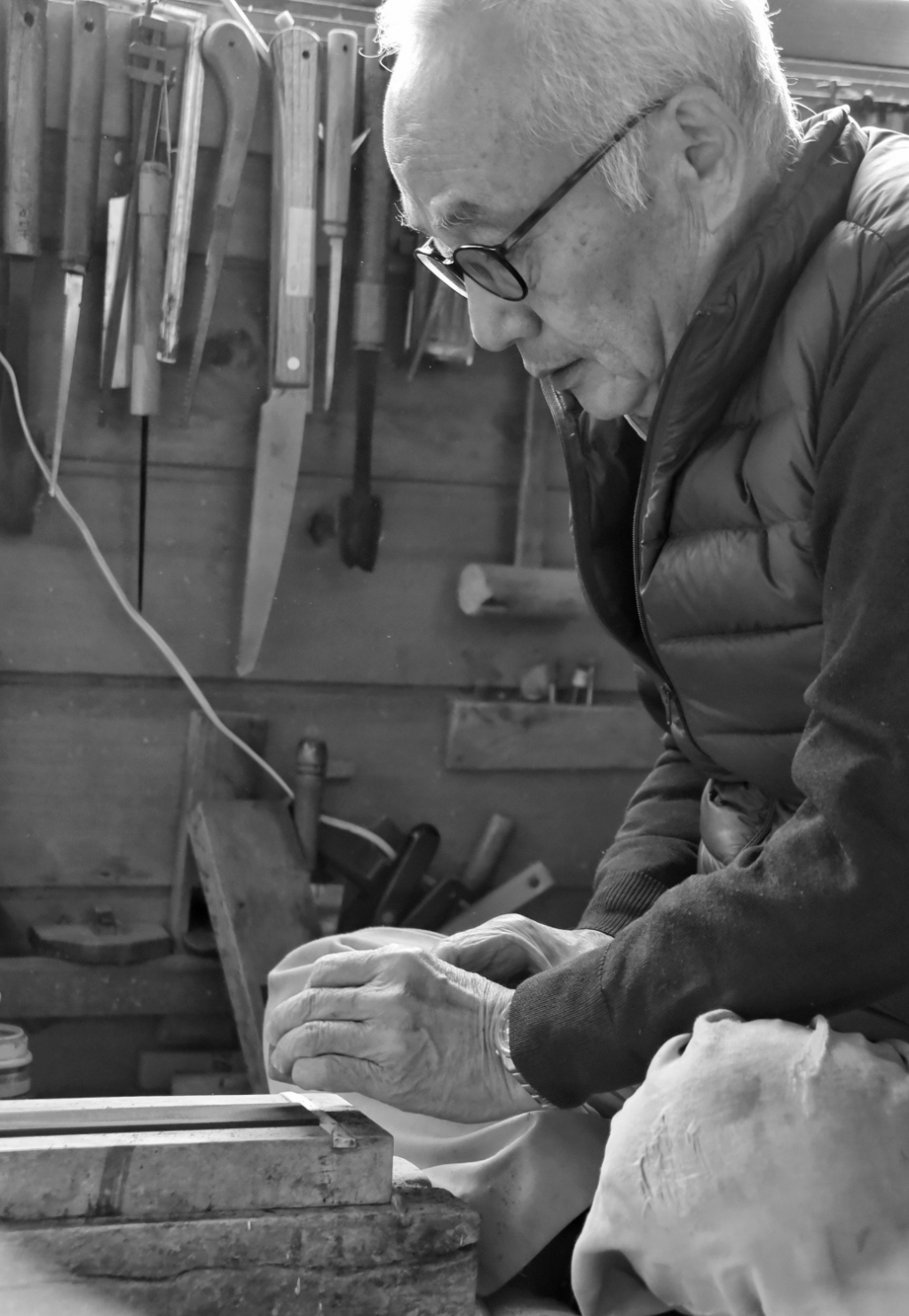
One example of the wisdom she has learned on her journey is from woodwork artist Shuji Nakagawa who says, “I try to meet ‘impossible’ requests from designers. Because they may push me beyond my current limit. I have seen many resist changes, too. But in my opinion, the world changes the moment you say yes, and I want to see that.”
And we should be thankful that Yoshizawa is sharing this wisdom that comes in an eclectic format from handcrafted sake cups to tea containers. Expect the products available online to change over time as they are refreshed and updated.

